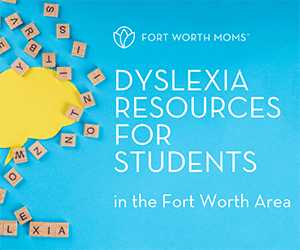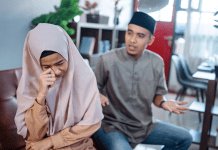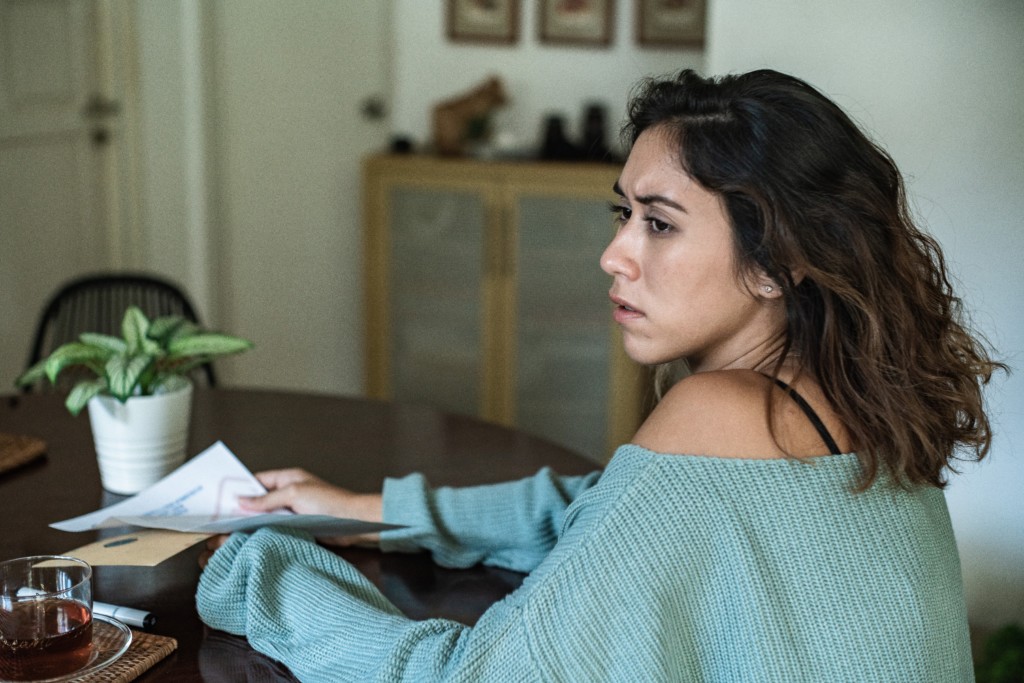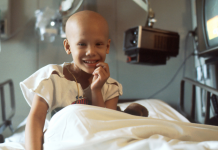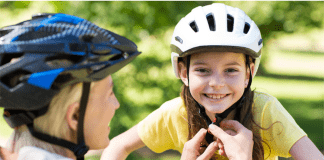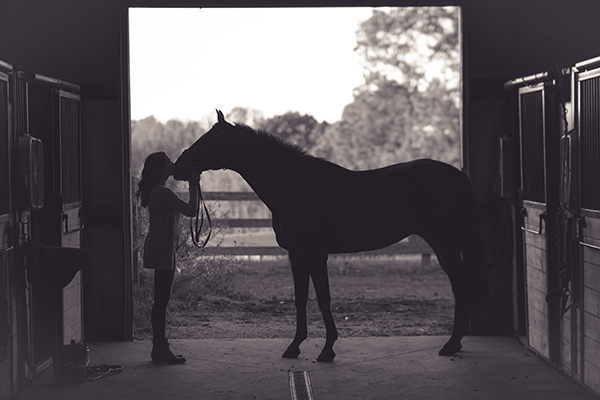
Mandy Shaff: Western Wishes is a non-profit that was started 25 years ago by Donnalyn Quintana who saw a need for this type of organization. Western Wishes is dedicated to granting wishes to children at Western events. The goal is to take a “wish kid” behind the scenes and introduce them to cowboys and cowgirls, while providing an experience that makes them feel special and part of the action.
It often includes things such as riding in the grand entry of the rodeo, getting announced to the crowd, featured on the big screen, news interviews, and receiving clothes or a hat from local sponsors. We want to inspire others by telling the stories of these kids, and reward the child for their diligence in fighting their disease, disorder, or challenge.
We often take kids with Western backgrounds, but I love to host families unfamiliar to the Western world and expose them to a rodeo, something they may never have seen before. Part of my goal as a host is education and to make fans of the wish families and bridge the gap between mainstream and Western lifestyles.
Q: What kind of wishes are most often requested and granted?
MS: Wishes take place primarily at rodeos, but I also have hosted kids at hunting and NASCAR events. In past years, Western Wishes has granted wishes at equine events and country music concerts. We have certain rodeo committees we work with every year, and then I search for a wish kid in that community. I often draw from hospitals and equine therapy centers to find deserving kids. There is never a shortage of kids in any community who face diseases and disorders. In fact, it is tragic how easy it is to find a child who has survived things such as childhood cancer, severe Crohn’s disease, or any other myriad of diseases and disorders.
Q: What do the “celebrities” in the horse, ranching, rodeo and the Western community offer in terms of being role models?
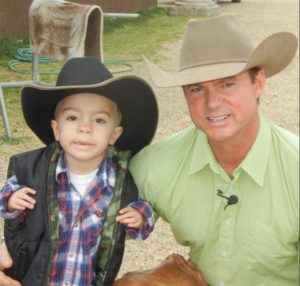
MS: I deal mostly with rodeo cowboys and they offer a lot in the way of being great role models. In fact, you can draw many personality comparisons between cowboys and wish families, so I think they feel a connection.
Both cowboys and children with cancer require a great deal of perseverance, a strong work ethic and a never-quit attitude. Also, both groups are often in situations where their life is at risk and the possibility of death is a very real thing. In my opinion, rodeo cowboys are different from other athletes because when I take a child to meet with them, they often spend significant amounts of time getting to know them instead of just signing an autograph and moving on. They often ask the kids about their stories and encourage them to never give up. I can’t stress how much of an impact this has on these young children.
Once I took a six-year-old little girl to meet a four-time world champion bull rider. A year later, she heard his voice on the radio and said, “Hey, that’s my friend!”
I often have moms tell me their kids are still talking about the rodeo athletes they met years earlier during their wish. This amazes me. Kids are listening and they are going to pick role models.
Some of the relationships between cowboys and kids continue for years. For example, Tuff Hedeman, a four-time world champion bull rider (who was the inspiration for a character in the movie 8 Seconds) met a wish kid named Kaleb Dorr years ago. Their relationship continues to this day. That is rarely seen in mainstream sports.
Q: In your experience, what do you think people misunderstand about childhood cancer and other diseases?
MS: I don’t know if anyone can actually understand what a family goes through when a child has a traumatic illness or injury until they witness it firsthand. When a child has something like cancer, it literally changes the whole lifestyle of the family. It becomes their lives. It affects the identity of the family. The resources and time it requires for children to go through treatments and the after-effects are unimaginable.
What these kids go through at such a young age can affect them physically for years to come, but what people often don’t realize is that it also affects their natural development and maturity as well. In addition, it usually affects them socially. It’s tough being a kid these days in school under normal circumstances. Now imagine doing it with something like brain cancer or leukemia. And kids in treatment often miss so much school they have to be homeschooled or repeat grades. But kids are resilient. And with a great support system they have a greater shot of catching back up.
Q: What can others do to get involved and support Western Wishes?
MS: Donnalyn Quintana runs Western Wishes and is the president and founder. She has a website at www.westernwishes.org and a Facebook page for Western Wishes. Part of the wish experience includes a social media post where I tell the bio of the child, provide a detailed description of the wish including several pictures, and a thank you section to everyone who helped. I do this so the extended families and friends of the wish kids can share in the experience. But, I do it also to raise awareness for Western Wishes and to hopefully inspire my readers by the amazing stories of these kids.




